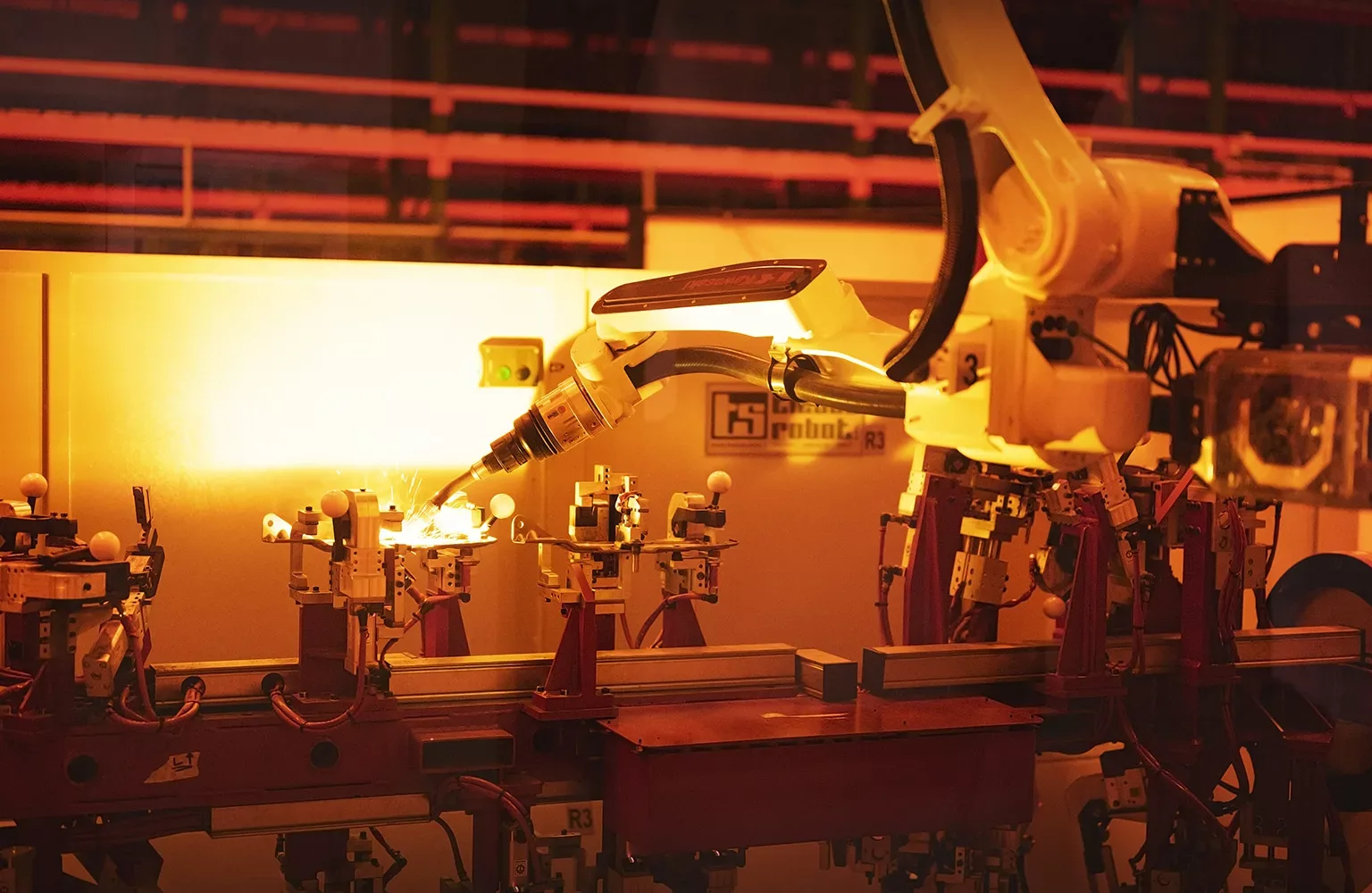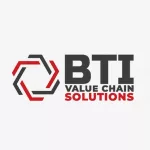Formex Industries, consisting of Formex Pressings and Formex Tubing, continues to flourish as a primary economic driving force in the South African automotive manufacturing industry. We find out more with CEO, Hennie Venter.
TRUE TO FORM
With an ever-increasing demand for vehicles, having dependable suppliers of high-quality components is critical. Therefore, automotive manufacturing is a vital contributor to the South African economy.
This vast industry employs around 114,000 people in the original equipment manufacturer (OEM) and component sectors, and contributes 4.3 percent to South Africa’s gross domestic product (GDP).
The automotive manufacturing industry is still growing, despite challenges created by load-shedding and supply chain logistics, and has experienced a steady growth in export earnings over the last decade.
Currently, South Africa boasts a 53.6 percent market share of the African automotive industry and exports 63.1 percent of its cars and bakkies (a small van or truck) to 152 different countries worldwide.
In total, the country manufactures just under 556,000 vehicles every year, generating ZAR193 billion in new product sales. As such, its domestic market remains extremely competitive, with 42 passenger car brands offering 2,513 models to local buyers.
Situated within this expansive landscape, Formex Industries (Formex) plays a core role in the industry, supplying automotive parts, completed assemblies, and tubular products to various global automotive brands.
“The last year has seen many milestones surpassed for the company, and our long-standing relationships with direct and indirect customers are a testament to Formex’s growth strategy and leadership,” introduces CEO, Hennie Venter.
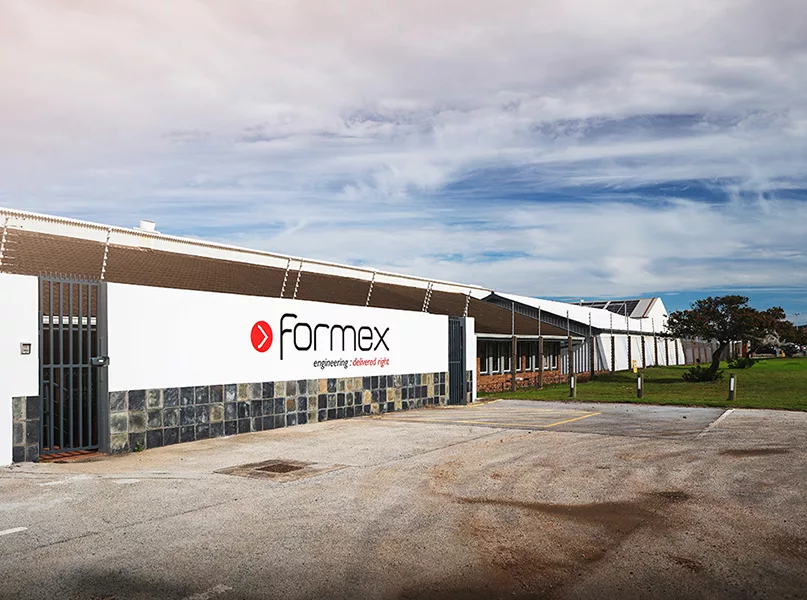
Formex has evolved into a renowned manufacturer and supplier of automotive components in South Africa and has been a reliable partner for OEMs for decades.
“We believe that Africa has huge potential. There is a significant amount of work to be done by the various legislatures, but we continue to see good traction and focus,” he continues.
Formex knows it is still early days, but the company believes there is potential that can be explored further and currently sees a wealth of opportunity in the African aftermarket, as second-hand vehicles are far outselling new vehicles at present.
PRIDE OF THE NATION
As a specialist metal forming and assembly company, Formex supplies various complex products to the local automotive industry, as well as the South African export market, and proudly celebrated its 110th anniversary last year.
With its distinguished reputation in the industry, Formex has achieved numerous ISO certifications and industry related awards. The latest was an A-rating in the Verband der Automobilindustrie (VDA) 6.3 process audit, which sets the standard for evaluating and improving controls in a manufacturing facility’s new product introduction and manufacturing processes.
“Our exemplary ratings are indicative of the exceptionally high standards maintained by Formex and ensure that we continue to lead the way in the automotive industry in terms of quality, service delivery, and best pricing,” Venter acclaims.
The company is strategically located in South Africa, the continent’s most vibrant economic centre, nestled on the nation’s east coast in the Nelson Mandela Bay metropole of Gqeberha, where Formex exists as a primary economic driving force in the region. Nelson Mandela Bay has a population of more than 1.8 million people and is the largest city in the Eastern Cape, as well as the fifth largest metropole in South Africa.
More from Africa Outlook
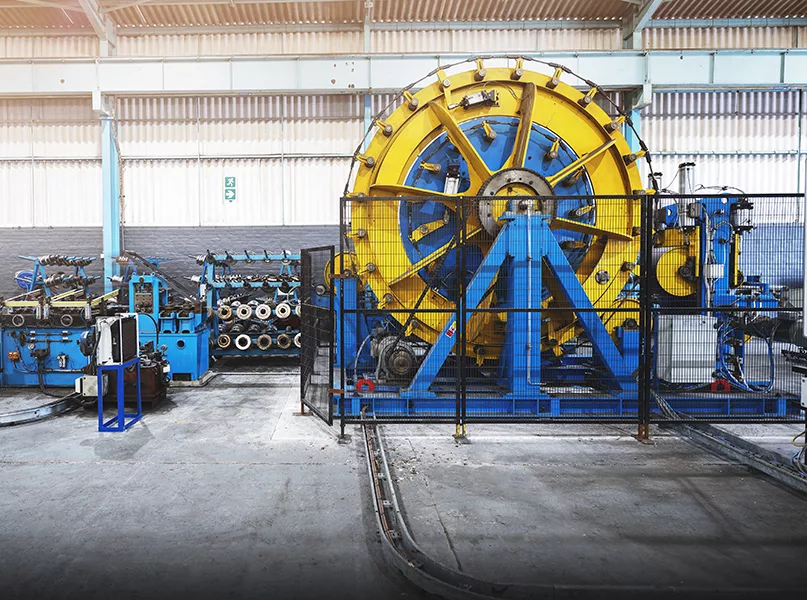
Dubbed the “Friendly City”, Nelson Mandela Bay is also home to the largest automotive cluster in South Africa and plays host to a large number of component suppliers and related industries. As such, the city, aided by an extensive hub of catalytic converter manufacturers, is one of the primary contributors to the national economy.
Situated approximately halfway between the ports of Cape Town to the southwest and Durban to the northeast, the company is ideally placed to effect efficient logistics operations both inside the country and for export markets. Formex also enjoys easy access to the country’s largest regional economy – Gauteng – by road, air, and rail.
“The last year has seen many milestones surpassed for the company, and our long-standing relationships with direct and indirect customers are a testament to Formex’s growth strategy and leadership”
Hennie Venter, CEO, Formex Industries
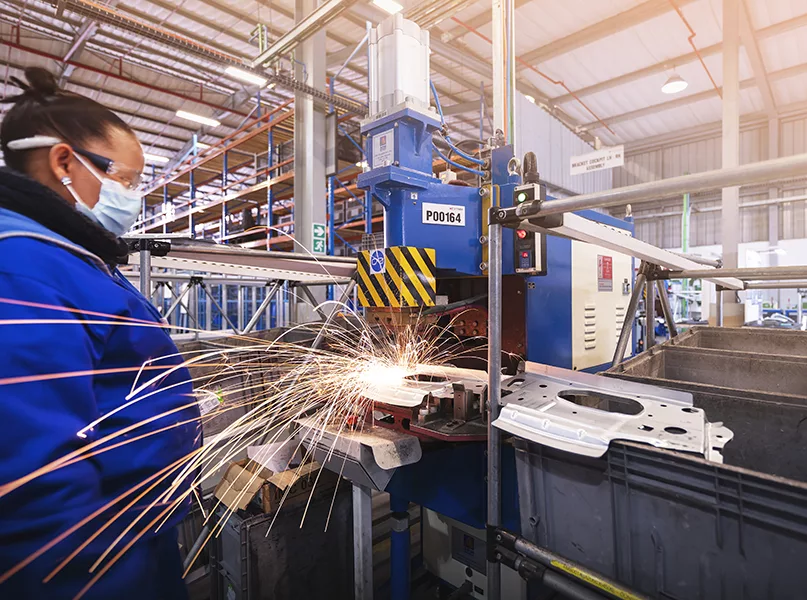
TUBING AND STAMPING DIVISIONS
Now consisting of two distinct divisions, Formex Pressings and Formex Tubing, the former specialises in stamped and assembled components.
Stamped components are widely used in the automotive industry for various applications, including chassis, body panels, and structural parts. Furthermore, Formex provides a wide variety of these products, including chassis components, brake and suspension system parts, engine and transmission components, and structural parts.
The tubing division, meanwhile, produces and distributes tubular and exhaust-related components.
“This division reaches beyond the automobile industry with stainless steel tubing being a crucial product for a few other industries,” Venter exudes.
Formex Tubing also makes use of laser welding, TIG welding, computer numerically controlled (CNC) bending and forming, and robotic welding technology to manufacture tubular components such as exhaust system components, air conditioning and ventilation tubes, suspension system parts, and boiler and air reheater tubes.
Further to this, it has the capability for roll-over protection structures, drivetrain tubes, mining split sets, and construction industry products.
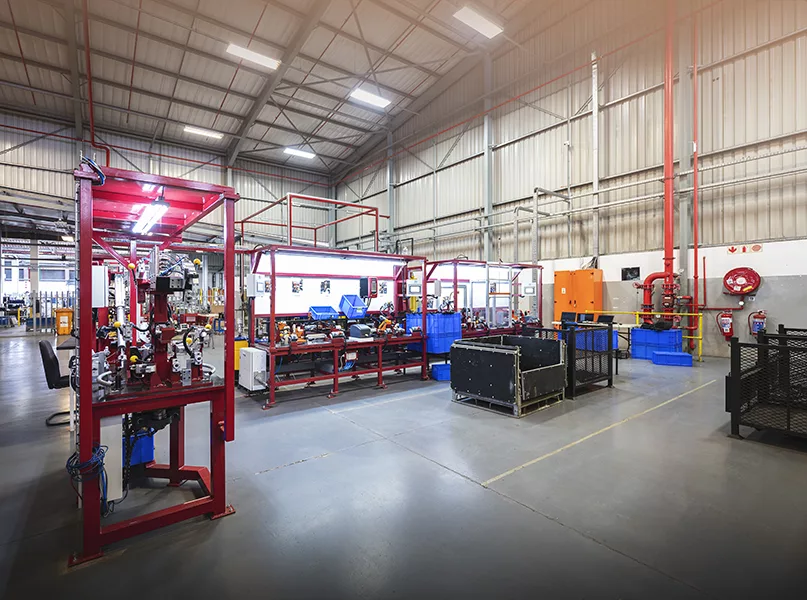
STRENGTH IN LOCAL
Working with a local supplier brings various benefits to South African OEMs and enterprises.
“For starters, it ensures supply chain efficiency, lowering lead times and logistics expenses. Local suppliers understand the market well and can respond swiftly to changes and requests,” Venter sets out.
“Secondly, working with a local supplier offers financial savings. Businesses can access competitively priced components by reducing overseas shipping and customs costs, contributing to lower expenditure,” he adds.
Finally, working with a local supplier means that rapid support can be provided due to their close proximity to OEMs, decreasing reaction times and minimising production disruptions.
Elsewhere, in terms of corporate social responsibility (CSR), Formex has launched a learnership programme for people in education with disabilities. This initiative has provided the necessary skills and even some income-earning opportunities for 20 new learners.
Formex is aligned with the HCI Foundation, who has contributed to a corporate social investment (CSI) spend of over ZAR9.7 million from 2016 to January 2024 in bursaries and grants in the Nelson Mandela Bay metropole.
“Our CSI responsibilities lie in improving the lives and education of residents in the Eastern Cape. Formex is based in Gqeberha, so giving back to our community is an important aspect of the business,” Venter enthuses.
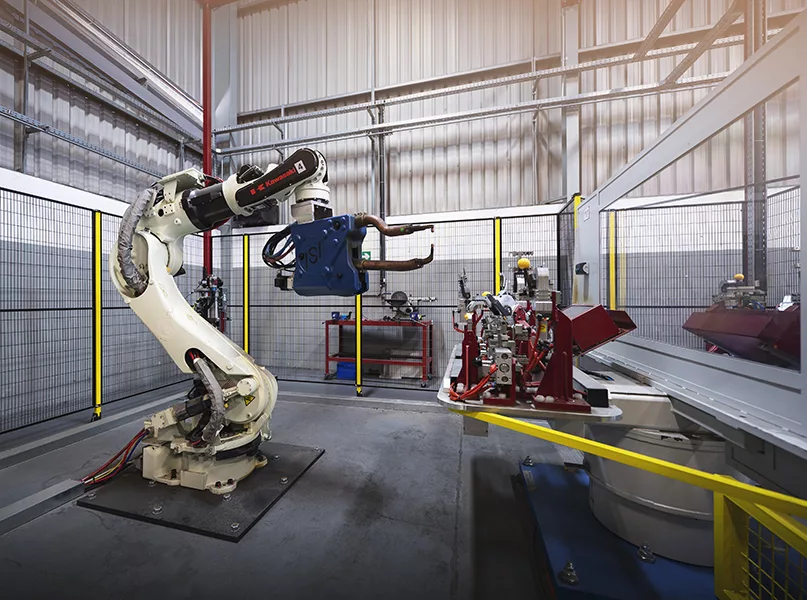
INVESTING IN THE FUTURE
Over ZAR140 million has recently been invested by Formex towards several exciting technology and manufacturing expansion projects, largely through financial support provided by Deneb Investments.
Formex is a Level 2 B-BBEE supplier and manufacturer. The company is owned by Deneb Investments Limited – a subsidiary of Hosken Consolidated Investments Limited (HCI) – one of South Africa’s biggest true B-BBEE companies listed on the Johannesburg Stock Exchange (JSE).
These upgrades have put Formex in a key position to respond to emerging export markets, and brings the company’s total investment in the past seven years to approximately ZAR340 million.
As part of these investments, Formex has installed a new 1,600-tonne (t) auto transfer press at the Struandale plant.
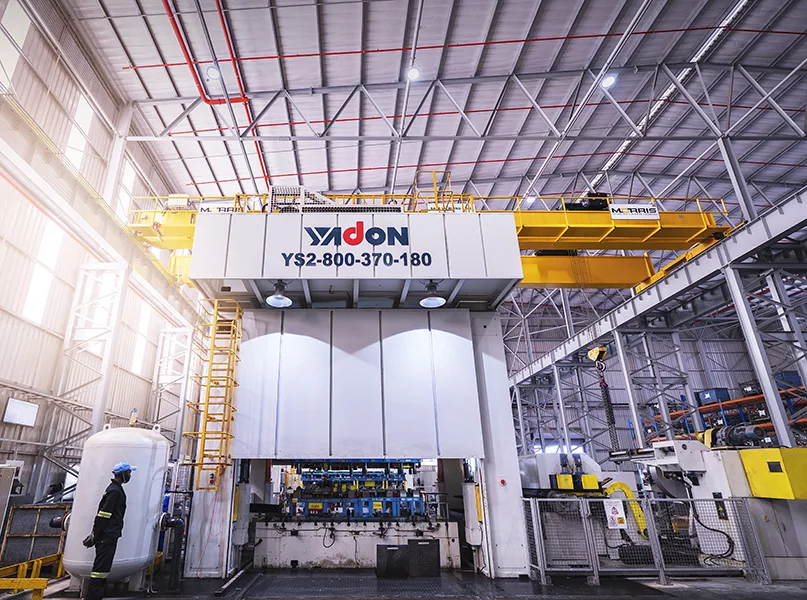
“This is the largest press in the Eastern Cape for a locally owned supplier and will allow Formex to become more internationally competitive for body shop stampings, which is important in the shift away from traditional internal combustion engine components,” Venter excites.
A second, 1,000 t press was installed in mid-2023, which requires an additional 24 employees including managers, toolmakers, maintenance technicians, and production staff members.
“The compounded offerings lead to increased volumes of vehicle production for our customers and our ‘Vision with Action’ plan is designed to ensure excellence and outstanding performance,” he continues.
“We have our eye on a few new customers, and we are aggressively chasing some exiting projects for growth. As with many companies in South Africa, it is vital for us to become less reliant on the grid as that will ensure we maintain our stability and reduce our operational costs.”
It is Formex’s mission to become more productive daily and retain its place as a leading automotive supplier in the vibrant manufacturing sector.
Overall, Formex continues to lead the sector through updated technology, financial backing, and world-class skills.



